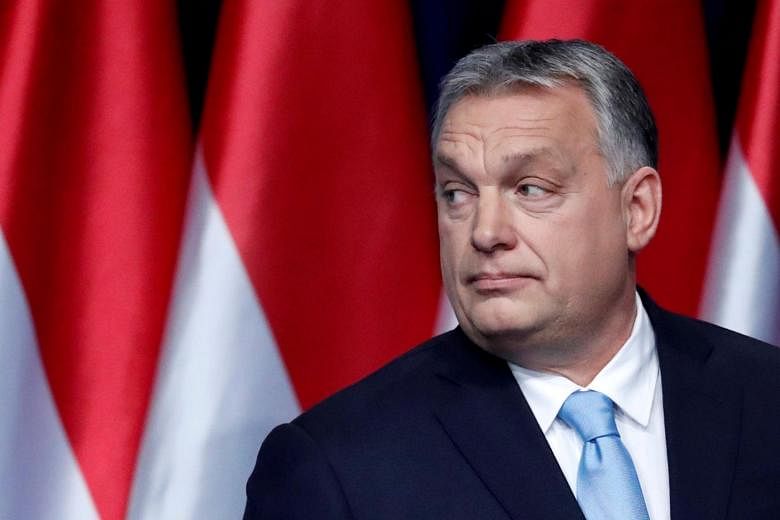When the Berlin Wall fell almost 30 years ago, it was, above all, because the privately owned media outlets had pushed for political change in Central and Eastern Europe.
The charge was led by both the newly established newspapers, which were run by the opposition pushing for democracy, as well as traditional media outlets that realised the time for the communist regimes was at an end.
Already a subscriber? Log in
Read the full story and more at $9.90/month
Get exclusive reports and insights with more than 500 subscriber-only articles every month
ST One Digital
$9.90/month
No contract
ST app access on 1 mobile device
Unlock these benefits
All subscriber-only content on ST app and straitstimes.com
Easy access any time via ST app on 1 mobile device
E-paper with 2-week archive so you won't miss out on content that matters to you

